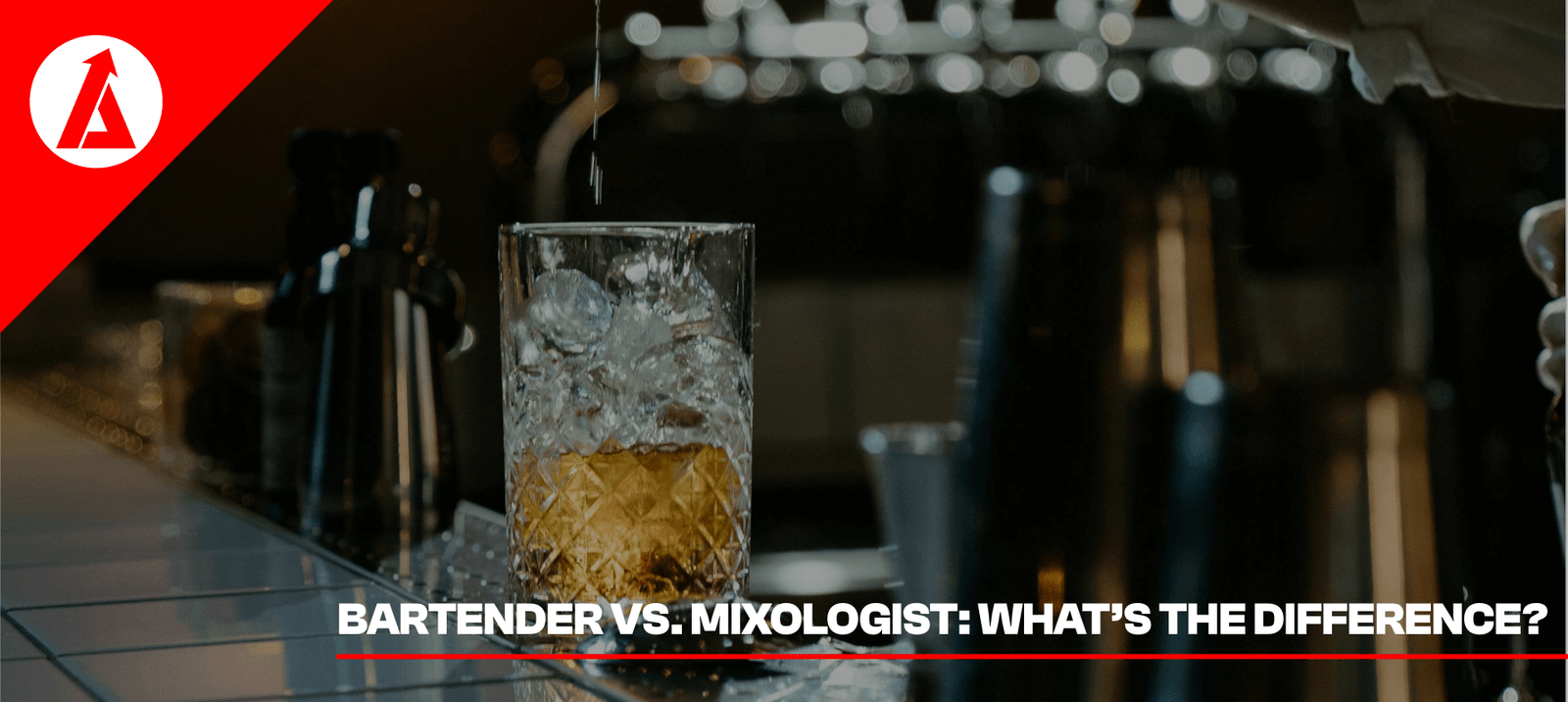


Have you ever wondered if there's a real difference between a bartender and a mixologist? You're not alone! Many people use the terms interchangeably, but in reality, they represent distinct skill sets and roles within the bar industry.
Whether you're looking to start a career behind the bar or aiming to hire the right talent for your establishment, understanding these differences is key. Let's break it down.
A bartender is the heart of any bar, ensuring guests have a great time while efficiently preparing and serving drinks. Their main duties include:
To be a great bartender, you need:
Looking for a bartending job? Platforms like AnyShift can help you find flexible shifts in bars and nightclubs near you. Whether you want part-time, full-time, or seasonal work, signing up on
A mixologist focuses on the craft and innovation of cocktails, bringing creativity and expertise to the bar. Their responsibilities include:
Mixologists take their craft to the next level with:
While mixologists focus more on innovation, they may also work shifts behind the bar. However, their primary goal is to elevate the drinking experience through carefully crafted cocktails.
Bartenders prioritize efficiency and service, while mixologists concentrate on creativity and innovation.
Mixologists are expected to experiment with ingredients and techniques, while bartenders focus on making drinks quickly and consistently.
Mixologists have a deeper understanding of spirits, flavor pairings, and cocktail history.
Bartenders often learn on the job, while mixologists may undergo specialized training or certification.
Bartenders can grow into managerial roles, while mixologists may become beverage directors, consultants, or even open their own cocktail bars.
Both roles are crucial to the industry, and a great bar needs a balance of both skills.
Both bartenders and mixologists have diverse career opportunities:
Whether you prefer the high-energy interaction of bartending or the artistry of mixology, both roles offer rewarding career paths.
The debate between bartenders vs. mixologists isn't about which is better—it's about understanding their unique strengths. Bartenders keep the bar flowing with great service and efficiency, while